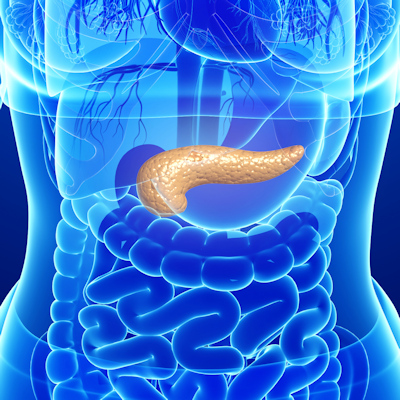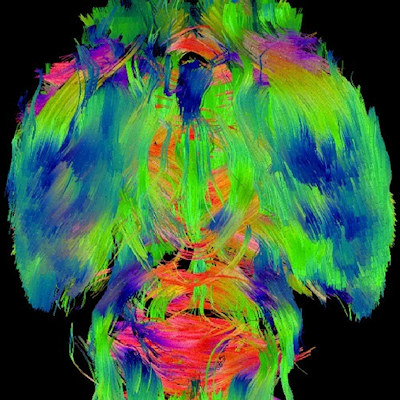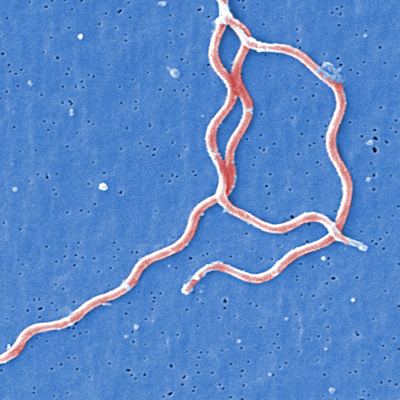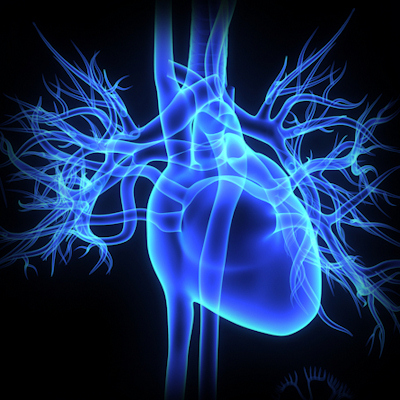December 21, 2022 -- Researchers at the Icahn School of Medicine at Mount Sinai in New York have developed an in silico, or computer-derived, marker for coronary artery disease (CAD) that they believe could lead to better measurements of clinically important characterizations of the disease.
The findings, published online Tuesday in The Lancet, may also enable a more targeted diagnosis and better management of coronary artery disease, the researchers said.
They believe that the study is the first known research to map characteristics of coronary artery disease on a spectrum; previous studies have focused on whether or not a patient has the disease.
"The information gained from this noninvasive staging of disease could empower clinicians by more accurately assessing patient status and, therefore, inform the development of more targeted treatment plans," Ron Do, senior study author and a professor in personalized medicine at the Icahn School of Medicine, said in a statement. "Our model delineates coronary artery disease patient populations on a disease spectrum; this could provide more insights into disease progression and how those affected will respond to treatment. Having the ability to reveal distinct gradations of disease risk, atherosclerosis, and survival, for example, which may otherwise be missed with a conventional binary framework, is critical."
Coronary artery disease and other common conditions exist on a spectrum, and each person's mix of risk factors and disease processes determines where they fall on the spectrum. Most studies break this disease spectrum into rigid classes of cases, when the patient has disease, or controls, when the patient does not have disease. This may result in missed diagnoses, inappropriate management, and poorer clinical outcomes, the investigators noted.
In the retrospective study, they trained the machine learning model, named in silico score for coronary artery disease, or ISCAD, to measure coronary artery disease using more than 80,000 electronic health records from two health system biobanks, the BioMe Biobank at the Mount Sinai Health System and the UK Biobank.
The model, which the researchers called a digital marker, incorporated hundreds of different clinical features from the electronic health record, including vital signs, laboratory test results, medications, symptoms, and diagnoses. The group compared the digital marker to a current clinical score for coronary artery disease, which uses a small number of predetermined features, and a genetic score for the disease.
Although most clinical and machine learning studies on CAD have focused on white European ethnicity, the 95,935 participants in the current study included participants of African, Hispanic/Latino, Asian, and European ethnicities, as well as a large proportion of women.
The investigators found that the probabilities from the model accurately tracked the degree of narrowing of coronary arteries (coronary stenosis), mortality, and complications such as heart attack.
The investigators envision conducting a prospective large-scale study to further validate the clinical utility and actionability of ISCAD, including in other populations. They also plan to assess a more portable version of the model that can be used universally across health systems.
Copyright © 2022 scienceboard.net











